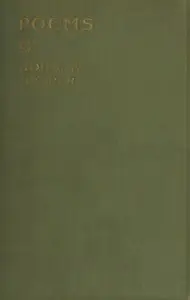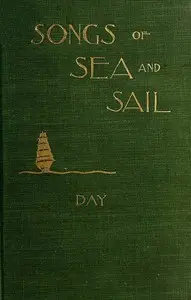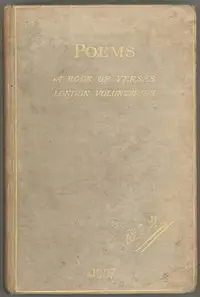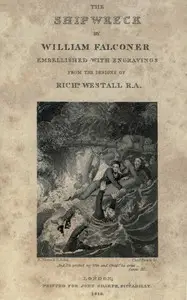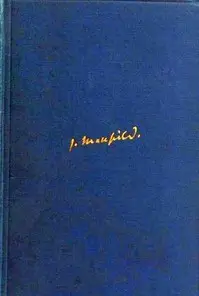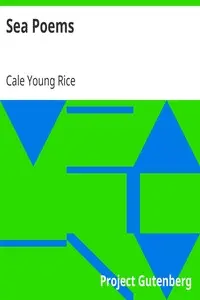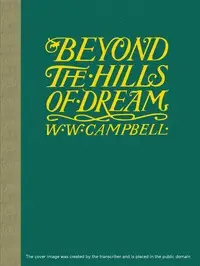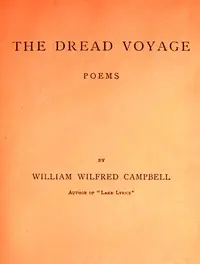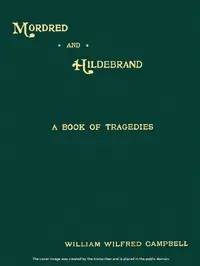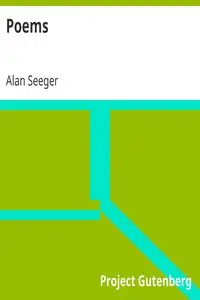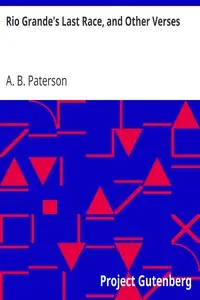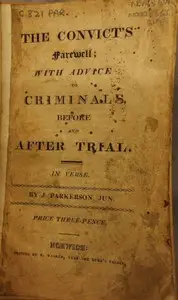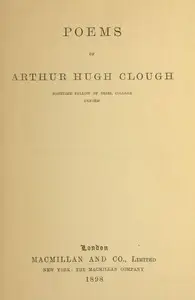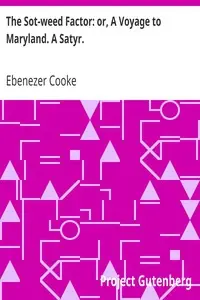"The Dread Voyage: Poems" by Wilfred Campbell is a compilation of poetry from the late 1800s, using rich descriptions and thoughtful ideas to investigate nature, death, and what it means to be human. The first poem creates a feeling of coming doom, hinting at a voyage full of fear about life. The poem pulls readers into Campbell's thoughtful style and emotional study of what people go through. The beginning of the collection creates a strong mood with "The Dread Voyage," which shows a ship sailing through a scary, dark sea, representing the hard times in life and the sad silence after hopes and dreams are lost. The images create feelings of hopelessness, but it demonstrates a longing to connect with others and for understanding in a world full of questions. This opening part shows Campbell's talent for blending the beauty of nature with deep thoughts about life and death, getting readers ready for the rest of the poems that continue to search these topics.

The Dread Voyage: Poems
By Wilfred Campbell
Set sail on a chilling expedition through life's darkest seas, where despair mingles with the fragile beauty of hope and the haunting echoes of lost dreams.
Summary
About the AuthorWilliam Wilfred Campbell was a Canadian poet. He is often categorized as one of the country's Confederation Poets, a group that included Charles G.D. Roberts, Bliss Carman, Archibald Lampman, and Duncan Campbell Scott; he was a colleague of Lampman and Scott. By the end of the 19th century, he was considered the "unofficial poet laureate of Canada." Although not as well known as the other Confederation poets today, Campbell was a "versatile, interesting writer" who was influenced by Robert Burns, the English Romantics, Edgar Allan Poe, Ralph Waldo Emerson, Henry Wadsworth Longfellow, Thomas Carlyle, and Alfred Tennyson. Inspired by these writers, Campbell expressed his own religious idealism in traditional forms and genres.
William Wilfred Campbell was a Canadian poet. He is often categorized as one of the country's Confederation Poets, a group that included Charles G.D. Roberts, Bliss Carman, Archibald Lampman, and Duncan Campbell Scott; he was a colleague of Lampman and Scott. By the end of the 19th century, he was considered the "unofficial poet laureate of Canada." Although not as well known as the other Confederation poets today, Campbell was a "versatile, interesting writer" who was influenced by Robert Burns, the English Romantics, Edgar Allan Poe, Ralph Waldo Emerson, Henry Wadsworth Longfellow, Thomas Carlyle, and Alfred Tennyson. Inspired by these writers, Campbell expressed his own religious idealism in traditional forms and genres.

